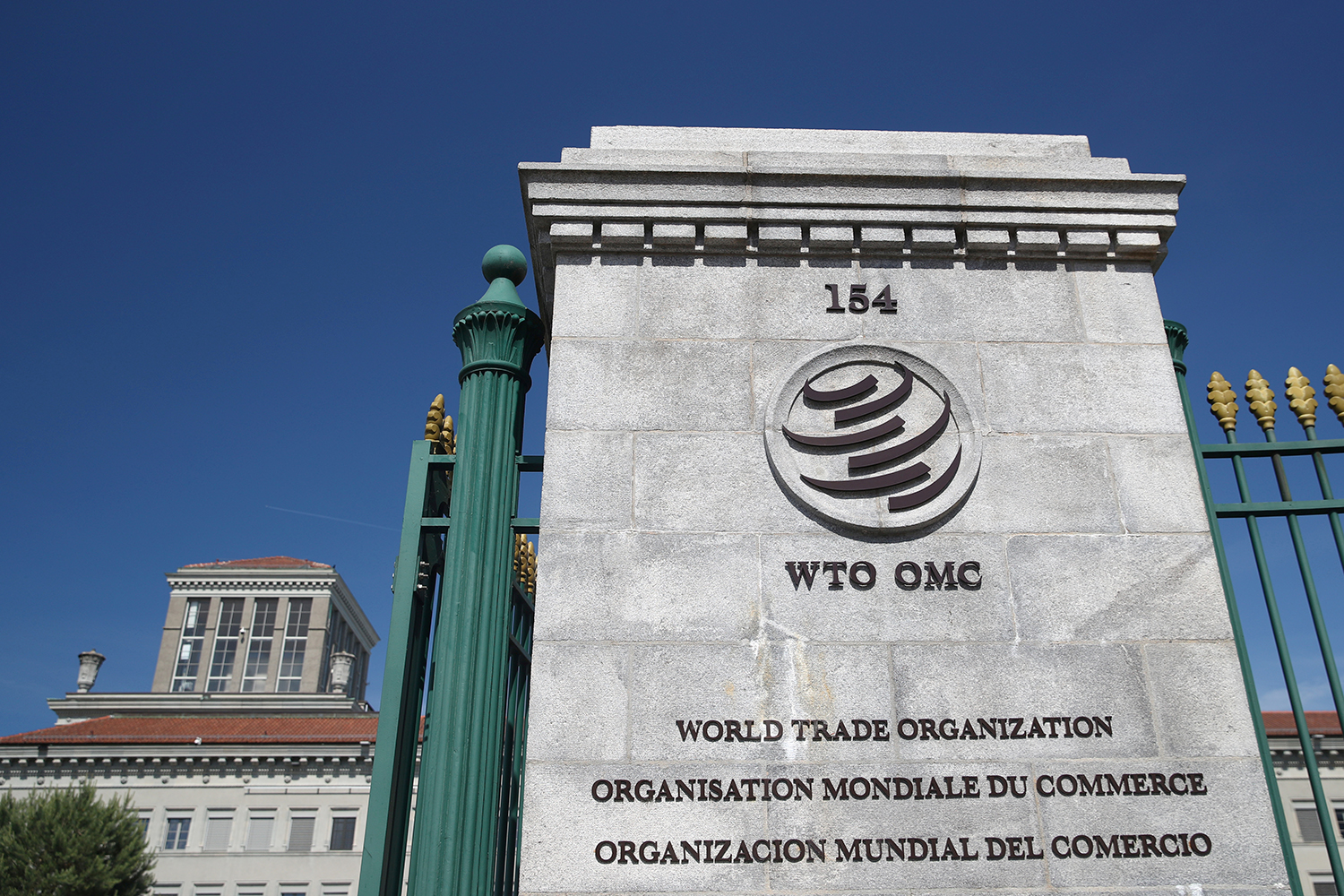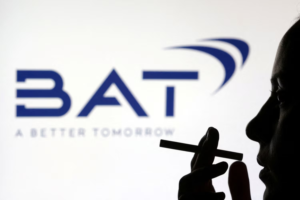World Trade Organization members reached a significant agreement on Friday night, securing a two-year extension to exempt e-commerce from tariffs.
This decision followed the withdrawal of opposition from India and South Africa after five days of intensive negotiations.
According to Financial Times report, the renewal of the moratorium, a customary practice every two years, garnered widespread support from nearly all participating governments and businesses alike.
This outcome, achieved during the biennial ministerial conference, serves as a notable achievement for the WTO.
The organization has faced considerable challenges in addressing escalating protectionist measures and subsidy utilization by major global powers such as the US and China.
However, ministers are under pressure to complete work to classify which transactions could be covered by customs duties and end the ban at the next ministerial meeting in 2026.
- “We agree to maintain the current practice of not imposing customs duties on electronic transmissions until the 14th session of the ministerial conference. The moratorium . . . will expire on that date,” a WTO document said.
It would require unanimity to continue a ban covering trillions of dollars of trade.
Piyush Goyal, India’s commerce minister, had argued that the e-commerce moratorium favoured big tech companies and prevented competitors in developing countries from growing.
But he told reporters he had dropped his opposition to the extension at the request of Thani bin Ahmed Al Zeyoudi, the trade minister for the United Arab Emirates who was chairing the conference.
Governments say they are missing out on customs revenue as goods such as DVDs are replaced by digital services.
Low-income countries
However, a study by the OECD said low-income countries would suffer a bigger drop in imports and exports of digital goods than richer ones with tariffs.
- “It’s a relief to see the moratorium survive by the skin of its teeth,” said Tiffany Smith vice-president of the National Foreign Trade Council, a Washington-based business lobby group. “Its collapse would be a significant blow to the rules-based trading system. But it’s incredibly frustrating to see the WTO unable to move forward from this Groundhog Day rut that has been dug on the issue.”
- “The endless brinkmanship over the moratorium crowds out the ability to make progress on a broader agenda and undermines the viability of the WTO as a useful forum for trade ministers,” she said.
However, negotiators from more than 160 countries failed to agree to limit subsidies for overfishing and decided to continue talks to address state support for farmers at future meetings.
Brazil and India clashed over agriculture policy, with Brasília demanding lower tariffs while New Delhi defended its system of public stockholding, with the government buying food to smooth price volatility and ensure supply.
The Thai ambassador to the WTO, Pimchanok Vonkorpon Pitfield, attacked India for driving up global grain prices with its stockpiling, to applause from some diplomats, officials briefed on the matter said.
But she was recalled after New Delhi lodged a strong protest and Indian officials boycotted sessions where Thai officials were present.
Subsidies for overfishing
Governments also failed to agree to curb subsidies for overfishing, a key demand for Pacific Island states and those in Africa. Industrial fleets are hoovering up stocks on the high seas and putting small-scale fishers out of business.
- Ernesto Fernández Monge, a senior officer for conservation support at The Pew Charitable Trusts said: “This is a setback to more comprehensively restoring the health of fisheries and the communities that rely on them.”
- Looking back on how the gathering had gone, an EU official said: “There was a lack of a spirit of co-operation. . . the spirit in the meeting was everyone for themselves, a zero-sum game.”
They added that the US had disengaged from the talks. Katherine Tai, US trade representative, left on Friday morning as talks reached their climax. Washington has hamstrung the WTO’s binding dispute settlement mechanism by refusing to allow judges to be appointed to its appeals panel.
It blocked any progress, with the conference agreeing just to “accelerate discussions” on a reformed system by the end of the year.
- “Very often the attitude of the US was, ‘We don’t need this, we don’t care’,” the official said. “The WTO . . . requires that you care about what other countries need.”
Ngozi Okonjo-Iweala’s comment
Director-general Ngozi Okonjo-Iweala said in closing remarks that
- “The beauty of the WTO is that each member has an equal voice but that also comes at a cost. Let’s keep going so we can make our voices heard.”




